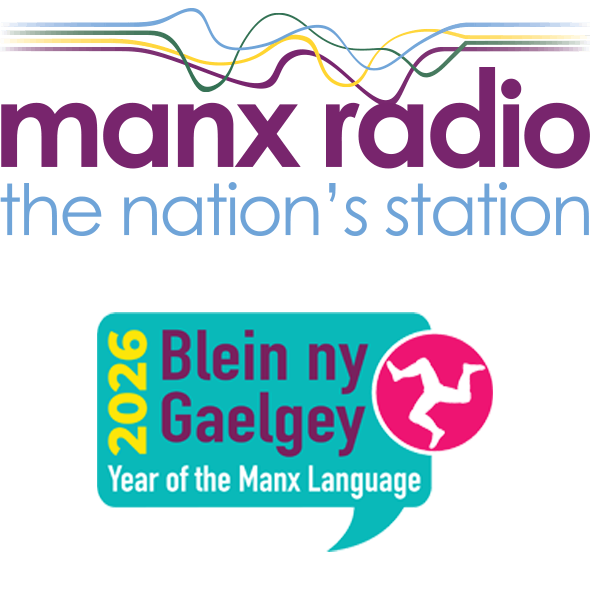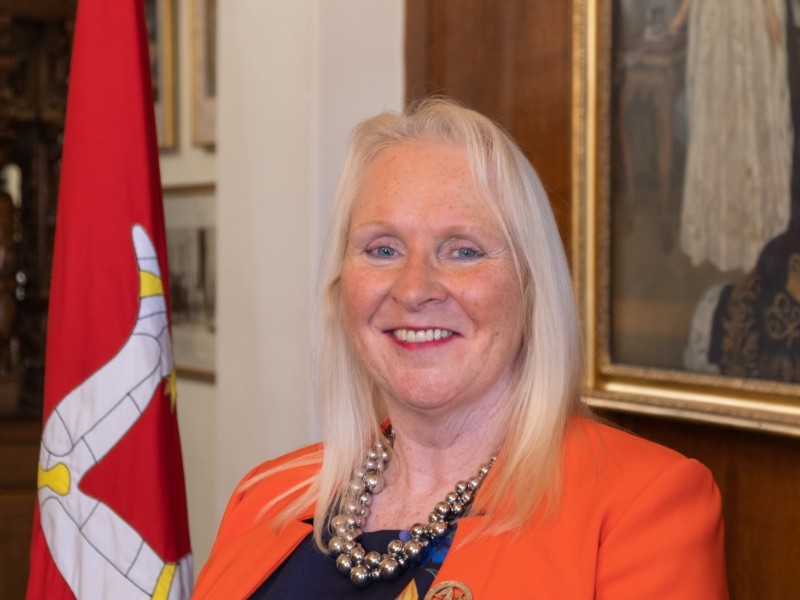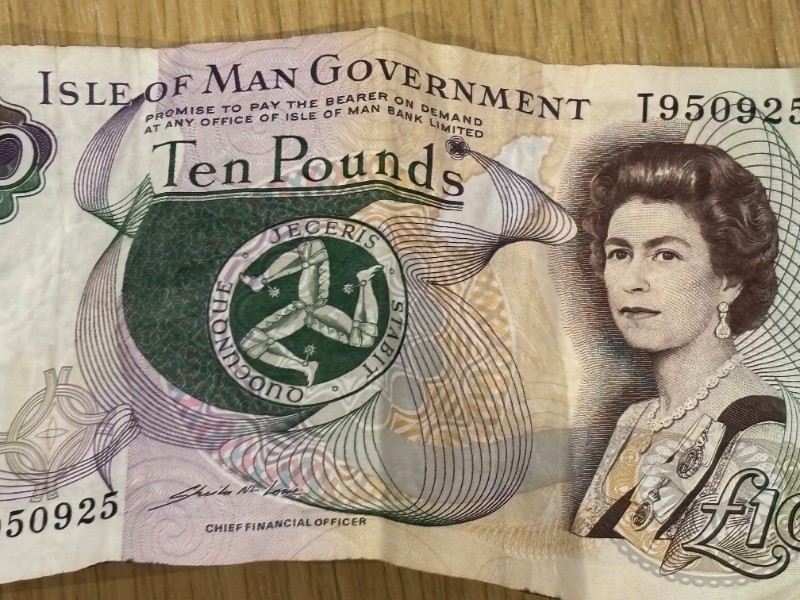
Digital Isle of Man boss warns that industry trust is slipping, describing internal tensions, and watering down of 'ambitious' documents ahead of MONEYVAL
The chief executive of Digital Isle of Man has described this year as one of disruption, “cock-ups” and stalled plans for the Island’s digital and eGaming sector.
Speaking at Digital Isle of Man’s conference at the Comis Hotel, Lyle Wraxall - whose professional background includes senior leadership roles across business development, financial services, banking and complex project management - believes 2025 had been marked by a lack of stability and certainty, paired with internal government friction over messaging.
Speaking to the conference, Mr Wraxall says the Island had previously done well by giving businesses stability, certainty and a clear understanding of the “rules of engagement”, but believes this had “no longer been the case this year”, pointing to a “high degree of change” triggered by the King Gaming case and exacerbated by an upcoming MONEYVAL assessment.
Mr Wraxall claims from an industry viewpoint, recent events could feel “disingenuous”, and that he “absolutely” empathised with that perspective. He insists Digital Isle of Man had been “fighting the fight for the entirety of this year”, but claimed the agency had “not always been listened to”.
However, he believes Digital Isle of Man had “made some improvements to its voice”, but was still “outweighed by other voices who were more concerned about risk and reputation”.
The National Risk Appetite Statement, published in May 2025, came under fire with Mr Wraxall calling it “a huge misstep”, adding it was “nothing more than a cock-up… and a pretty big one.”
The document itself writes "the Isle of Man currently has limited appetite for businesses in the eGaming sector where there is ownership and/or control from East or Southeast Asia."
He believes a lack of engagement on the topic saw the document “rushed out”, but Digital Isle of Man held meetings with the anti-money laundering and countering the financing of terrorism (AML/CFT) team and “very clearly fed back” industry concerns, describing the meeting as “torrid”, leaving officers with “no uncertainty of the feelings of industry, how it was pitched and how it was communicated”.
When asked why government did not simply acknowledge when it had made a mistake, Mr Wraxall replied: “I don’t disagree with that, but I don’t think it’s going to happen that way.”
An ‘all-combined risk appetite statement’ is said to be in the works, allowing an opportunity to amend the current wording. Although, it was stressed: “We need to make sure the same errors in the existing version don’t re-appear.”
“I’m not here trying to make excuses, I’m here trying to explain what’s happened so you have a sense of reality, Unfortunately, as Digital Isle of Man, we can’t apologise on behalf of other functions in government, and I would be equally frustrated if I was in industry, I am already frustrated in the position I am in at the moment.”
On the question of an eGaming strategy, Mr Wraxall said Digital Isle of Man had surveyed businesses, identified “pain points” and produced a strategic document earlier this year.
He characterised the strategy as containing “no silver bullets” and “not the strongest”, but “a way forward and something we could rally around in terms of a direction of travel”. He believes the value in the document was that it gave government a chance to say “this is a sector that’s really important to us”, more than the detail of the text itself.
Mr Wraxall explained the strategy document had been written in April and gone through several reviews with the Financial Crime Strategic Board, where concerns were raised about the messaging and how it might affect a successful MONEYVAL outcome.
“I’m not a specialist so I’m not sure why some of these things were an issue,” he told the conference, adding that “as a result, we took a number of pieces out of the strategy”.
He said he believed Digital Isle of Man had reached broad agreement on a revised version, but was “yet again faced with obstruction where there were some uncomfortable statements around the fact that we were having a sense of ambition, which I feel is important”.
Mr Wraxall told the panel they had then agreed to remove the “forward-looking part” of the plan and retitle it as a “Statement of Strategic Intent”, outlining what the agency would do in the gaming industry until the end of 2027 “so we could get through MONEYVAL and not get in the way”.
He said that, in its latest review, the document - “which doesn’t have much left in it in all honesty” - had been accepted as ready to publish, but not until after the National Risk Assessment for eGaming has been released. That risk assessment, he said, had now been pushed back to January.
Mr Wraxall concluded that there needed to be “an honest discussion about what the usefulness of that document is” and whether it would provide the “positive momentum we’re looking to leverage moving forward, or do we need to find another way to create the positive momentum we’re looking for”.
Manx Radio has approached the Isle of Man Government for comment which provided the following statement:
"The Department for Enterprise, alongside all of parts of the Isle of Man Government is committed to maintaining a robust stance against transnational financial and organised crime. This reflects the agreed policy of the Council of Ministers.
"This includes alignment to and promotion of the national risk appetite which is informed by credible international and domestic sources.
"The Department is committed to supporting legitimate iGaming operators and maintaining the Island’s international reputation as a trusted and respected jurisdiction is of the utmost importance.
"Ensuring a full understanding of emerging risk and setting out an agreed national risk appetite are key factors in maintaining such a reputation and protecting the Island’s economy and community from crime in all forms.
"The Isle of Man Government is actively listening to the feedback, at both Political and officer level, and continues to work collaboratively with all stakeholders to support the eGaming sector’s significant contribution to a vibrant and sustainable economy."


 MHK 'unsurprised' by no-confidence speculation after reshuffle
MHK 'unsurprised' by no-confidence speculation after reshuffle
 Police investigating Douglas altercation
Police investigating Douglas altercation
 Health minister wants 'open, learning-focused culture' at hospital
Health minister wants 'open, learning-focused culture' at hospital
 Minimum Wage Committee agrees with rate change
Minimum Wage Committee agrees with rate change
